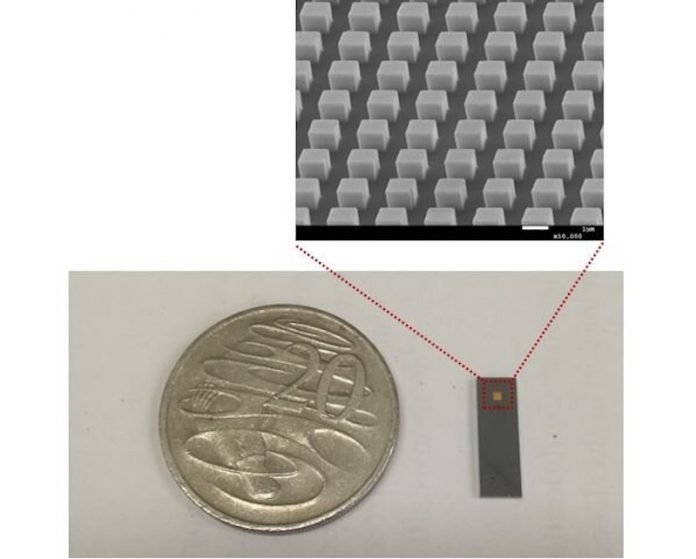
In a new study, researchers developed an “immuno-storm chip” that could diagnose cancer and COVID-19 patients at risk of a potentially lethal reaction.
The chip is designed to determine which patients are at risk of a potentially lethal “cytokine storm,” an uncontrolled immune response which damages the body’s tissues.
The researchers say that having this early stage diagnostic could help healthcare workers triage and closely monitor high-risk patients and begin treatment much earlier.
The research was conducted by a team at the University of Queensland.
Cytokines are small proteins that act as messengers between cells in the immune system.
They play a critical role in triggering inflammation by stimulating the movement of immune cells toward sites of injury or infection.
When this becomes uncontrolled and causes damage, more cytokines are produced and it becomes a vicious cycle, called a ‘cytokine storm.’
About 80% of cancer patients who undergo cutting-edge immune therapy are likely to have an adverse response, such as a cytokine storm. Around 1% of COVID-19 patients get a crazy cytokine storm.
In the study, the team created a tiny array of gold pillars and attached antibodies that would stick to specific cytokines present in a blood sample as small as a single drop.
Gold-silver ‘nanotag’ particles emit bright light when they come into contact with single captured cytokine molecules, allowing minute levels to be detected by conventional and inexpensive optical imaging equipment.
The chip could detect a faint but distinctive pattern of cytokines on a nanoscale platform with a small blood sample several days before the full-blown ‘storm.’
The team says whether in a cancer treatment setting or when monitoring infectious diseases such as acute COVID-19, long-haul COVID-19, and sepsis, the chip could provide critical medical information that guides important clinical decisions.
The chip’s small size meant it could eventually be made relatively portable.
One author of the study is Professor Matt Trau.
The study is published in Nature Communication.
Copyright © 2021 Knowridge Science Report. All rights reserved.



